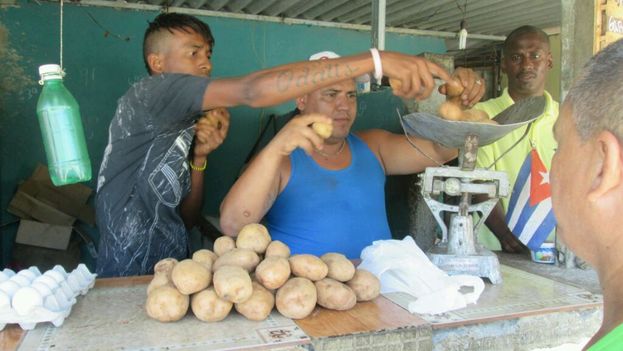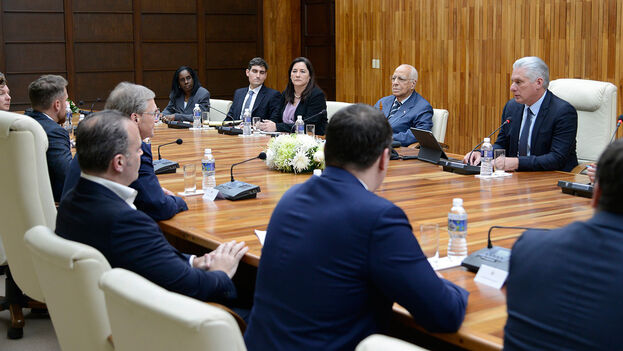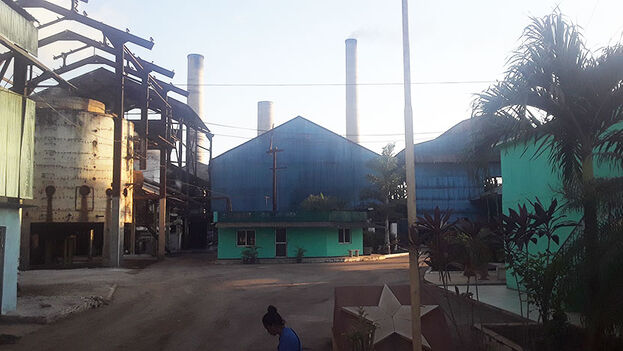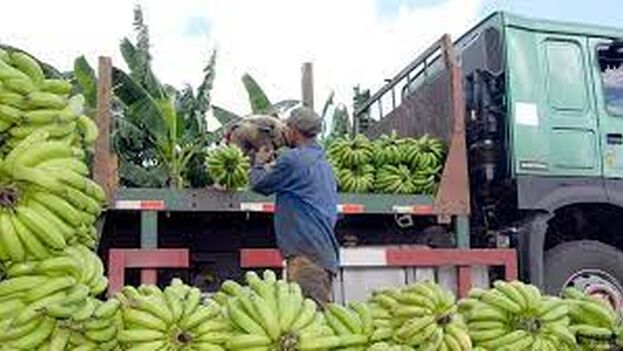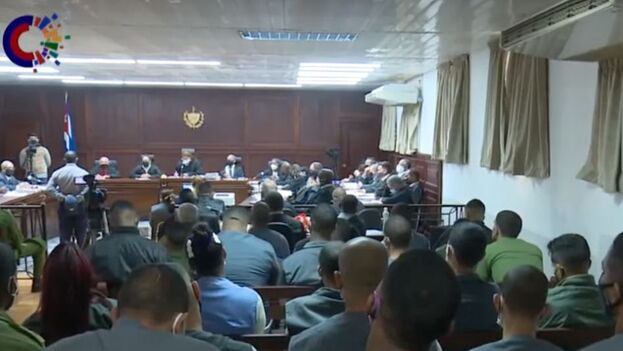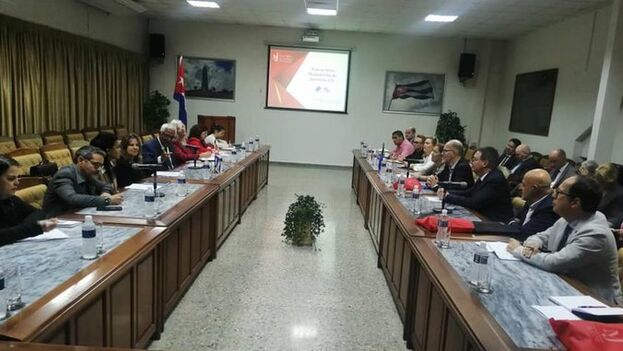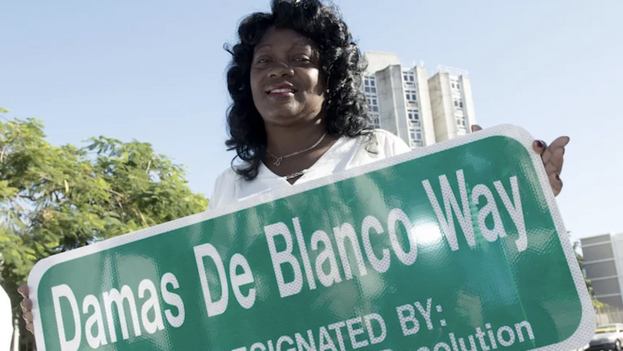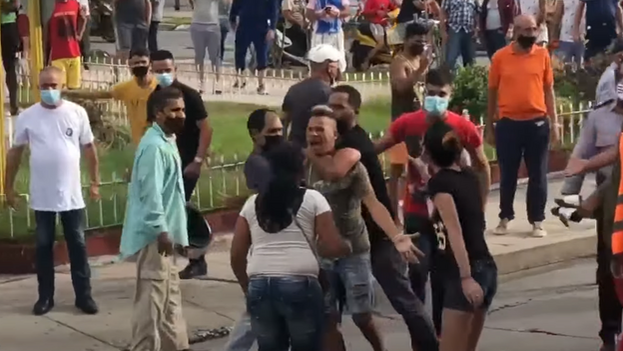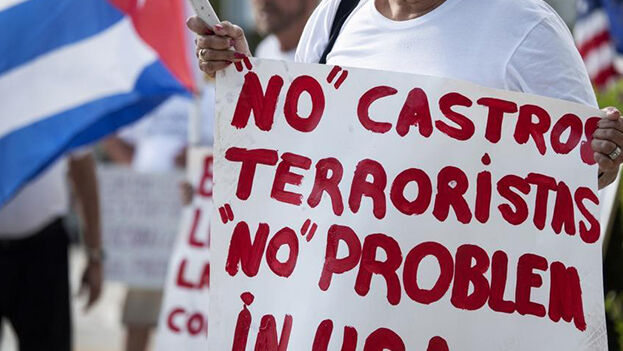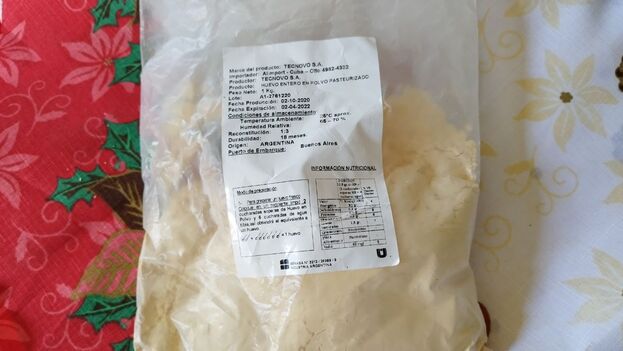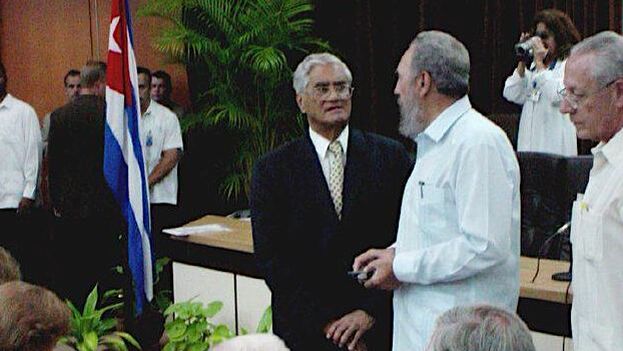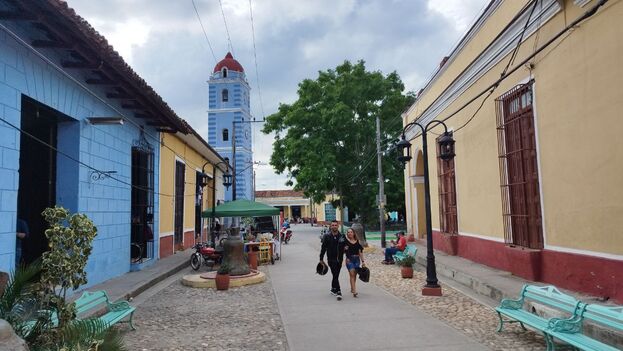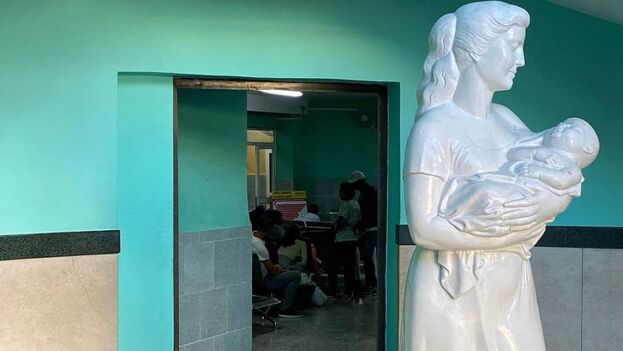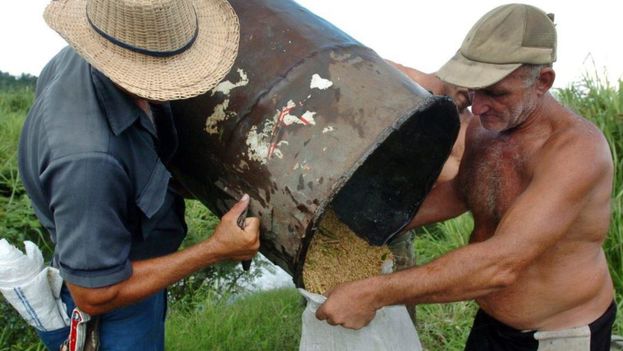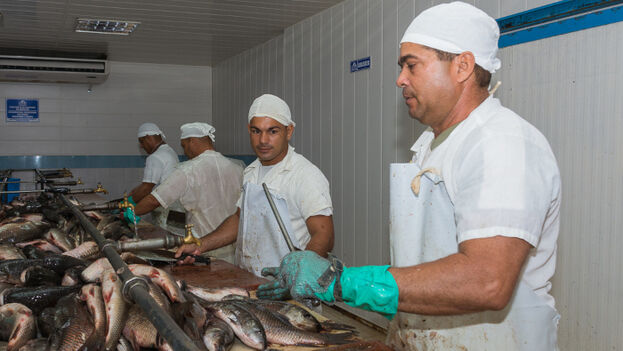
![]() 14ymedio, Havana, 26 January 2023 — The latest data made public on the fishing industry in Cuba show that the sector is not escaping the deep crisis from which the country is failing to emerge. The province of Camagüey, which provides 20% of the catches at the national level, ended 2022 with only 68% of the forecasts fulfilled, Adelante reported this Wednesday.
14ymedio, Havana, 26 January 2023 — The latest data made public on the fishing industry in Cuba show that the sector is not escaping the deep crisis from which the country is failing to emerge. The province of Camagüey, which provides 20% of the catches at the national level, ended 2022 with only 68% of the forecasts fulfilled, Adelante reported this Wednesday.
The information was released in the presentation of the production results of the Fishing Company of Camagüey (PescaCam), during the Assemblies of Representatives and Results Reporting of the province. According to the provincial newspaper, the managers made a mea culpa and questioned “why the province did not join the majority group in the country, which successfully overcomes the shortage of resources?”
PescaCam was far from its production goal. At the end of 2022, the capture of fish and other aquaculture products in the Camagüey territory closed with 4,520 tons, 1,436 tons less than projected.
At the meeting, Armando Peña Guerra, director of the Base Business Unit (UEB), assured that there were exceptions in some locations, such as the Acuinicú company, in Sibanicú, where the capture closed in 87% of the initial forecasts, and it was only short 70 tons to meet the 1,225 committed.
As a whole, the sector did not deliver 300 tons of processed food, which had a notable impact on workers’ income, the newspaper detailed. continue reading
Armando Posada Loriga, president of the Business Group of the Fishing Industry, criticized the producers for the low percentages: “You are the locomotive of the country and, if you do not meet the targets, the country does not meet the targets either.” The official called to “prevent demotivation and labor indiscipline” that cause the exodus of personnel due to low salaries, excessive expenses and a bad application of the payment system.
Camagüey’s fishing industry is made up of 53 reservoirs, 186 micro-dams, and some 22,000 hectares of ponds. But, the producers attribute the low production percentages to a lower extensive cultivation of tench and catfish, while the extraction of tilapia in cages closed with a “pale” total of 47% of the target.
For Armando Pacheco Nápoles, director of PescaCam, it is urgent to control the growth of poachers, who have had their fishing gear and other tools obtained from the state company confiscated. He also expressed the opinion that it is necessary to strengthen the control mechanisms in the fishing areas and stimulate new productive areas, this last sector is the one that has had the least development in recent years, he stated.
The main cause of the deterioration of the sector, added Pacheco Nápoles, is the lack of access to essential resources for boats and fishing gear. For this, it is necessary to validate the use of rice terraces for the production of offspring.
The Cuban fishing sector is facing a deep crisis of low production, partly because it does not have vessels for fishing in international waters and it does not have large rivers that allow adequate extraction in freshwater. Aquaculture, for its part, is incipient and fails to meet national demand.
In December 2021, Ariel Padrón Valdés, director of Fisheries Regulations and Sciences of the Ministry of the Food Industry, warned that the sector will not recover the production levels experienced in the 1990s, when Cuba extracted 100,000 tons of fish from international waters, plus 70,000 tons from Cuban waters and 33,000 tons imported.
At that time, there was a total of 18 kilograms per year per person, while currently that number barely reaches 3.8 kilos.
Meanwhile, Adelante considered that “there is confidence that progress can be made in 2023,” although the newspaper warned that this month there were already delays in some decisive industry indicators, such as manufactured production.
PescaCam foresees an investment of 15 million pesos in 2023 for repairs at the Atomic and Alevicuba stations, as well as building the Estrella Roja oxidation canal, a processing facility in Sibanicú, and four vessels.
____________
COLLABORATE WITH OUR WORK: The 14ymedio team is committed to practicing serious journalism that reflects Cuba’s reality in all its depth. Thank you for joining us on this long journey. We invite you to continue supporting us by becoming a member of 14ymedio now. Together we can continue transforming journalism in Cuba.

